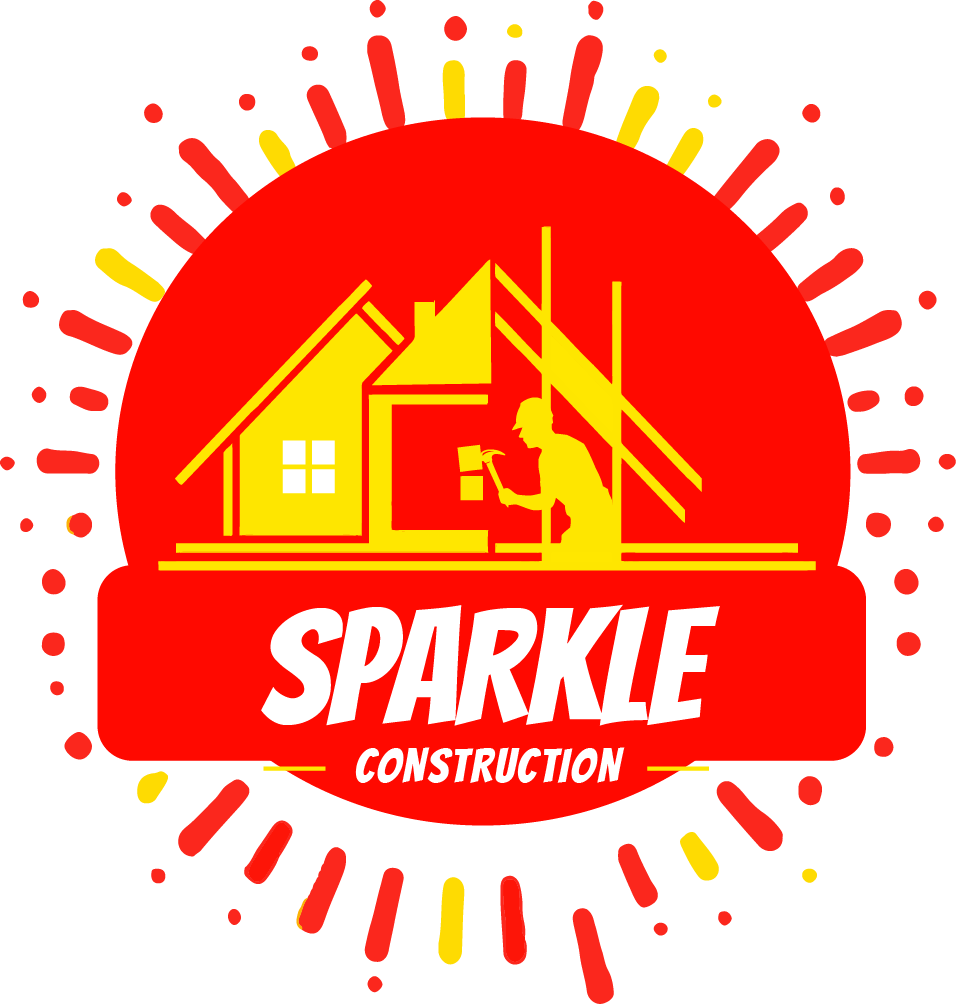Electrical systems are one of the most important parts of any residential or commercial building. They power everything from lighting to appliances to safety systems. Yet many people only think about them when something breaks. Knowing when to hire help and how to assess quality can make all the difference.
In this guide, we explain the types of professional electrical services, how to choose the right provider, and what safety and cost considerations to keep in mind. We also cover the key differences between residential and commercial needs and the importance of using certified electricians for every project.
Types of Professional Electrical Services
Not all electricians offer the same services. Understanding the types of professional electrical services available will help you hire the right expert for the job.
Here are the main categories:
- Installation work for lighting, outlets, switches, appliances, and electrical panels
- Repair services for faulty circuits, outlets, lights, and switches
- Maintenance plans to monitor usage, wear, and system performance
- Safety inspections to meet code and insurance requirements
- Upgrades to panels, wiring, and energy systems
Each type of work requires a different set of tools, skills, and certifications. Hiring the right kind of professional ensures the job is done correctly and safely.
When to Call a Licensed Electrician
It can be tempting to fix a flickering light or replace an outlet yourself. But electrical work is dangerous and should not be taken lightly. A licensed electrician has the training, equipment, and certification to complete repairs and installations without risk.
Here are some signs it is time to call a licensed electrician:
- Circuit breakers trip frequently or make buzzing sounds
- Lights flicker when major appliances turn on
- Outlets feel warm or spark on contact
- You plan to install a large appliance or a new breaker panel
- You are extending or remodeling wiring in any room
If any of these signs appear, stop using the system and schedule an inspection. Electrical hazards cause thousands of house fires every year. Knowing when to call a licensed electrician helps prevent serious damage.
Residential vs Commercial Electrical Services
There are big differences between residential and commercial electrical services. A residential electrician works primarily on homes and small buildings. A commercial electrician is trained to work in larger, more complex structures like offices, retail stores, schools, and warehouses.
Residential electrical services usually involve:
- Installing or updating breaker panels
- Adding lighting and ceiling fans
- Installing dedicated outlets for appliances
- Replacing or repairing wiring in bedrooms, kitchens, and garages
Commercial services include:
- Electrical system design and load calculations
- Installing large capacity panels and three-phase power
- Connecting emergency lighting and exit signs
- Powering industrial HVAC, elevators, and networking systems
Always confirm the electrician you hire has experience in the right setting. A technician who handles residential service may not be equipped for a commercial environment.
Common Electrical Problems at Home
Most people experience electrical issues at some point. These problems often start small but can become dangerous if ignored. Here are the most common electrical problems at home:
- Dead outlets caused by internal wiring failures or tripped GFCI
- Frequently blown fuses or tripping breakers
- Flickering lights linked to overloaded circuits or faulty wiring
- Light switches that stop working or spark when touched
- Older wiring that cannot support modern power loads
If any of these issues are ongoing, contact a professional. Many electrical problems signal deeper wiring issues that need correction to prevent fires or power failure.
Importance of Certified Electricians
Hiring a certified electrician is not just about getting the job done. It is about safety, compliance, and accountability. Certified electricians are trained and licensed to follow national and local codes. They know how to avoid shortcuts that could result in future hazards.
Here is why the importance of certified electricians cannot be ignored:
- They meet code and inspection standards
- They carry insurance for the work they do
- They offer warranties on labor and materials
- They follow safe installation and grounding practices
- They protect your home or business from avoidable risk
Avoid using someone who offers low rates but cannot show proof of license and certification. What seems cheap can quickly become expensive if the work is unsafe.
Electrical Safety Inspections: Why They Matter
Electrical safety inspections are a powerful way to prevent problems before they start. A licensed electrician can check for code violations, faulty equipment, and fire risks before they cause damage.
You should schedule an electrical safety inspection if:
- You are buying or selling a home
- Your property is more than 20 years old
- You notice odd electrical behavior like buzzing, heat, or flickering
- You are remodeling or installing a major appliance
- Your insurance company requests it
These inspections include a full review of outlets, circuits, panels, breakers, and grounding. Inspectors test every major component to confirm it works safely and efficiently.
Emergency Electrical Repairs: What to Expect
Electrical emergencies do not always wait for business hours. When the lights go out or wires start to spark, you need fast help. Emergency electrical repairs ensure that homes and businesses stay safe when unexpected problems occur.
Here are examples of electrical emergencies:
- Complete loss of power to part or all of the building
- Sparks or smoke coming from an outlet or panel
- Exposed wires after a storm or renovation
- Signs of electrical fire or hot smells
- Flooding that reaches outlets or wiring
A professional will stabilize the system, isolate dangerous components, and restore basic power as quickly as possible. Emergency service is more expensive than standard visits, but it prevents greater damage and cost later.
Wiring and Panel Upgrades
Your home’s electrical panel distributes power throughout the entire structure. If that panel is outdated, it cannot keep up with modern appliances, heating, or electronics. Older panels also increase the risk of fire or electrical failure.
Wiring and panel upgrades involve:
- Replacing older 60 or 100-amp panels with modern 200-amp models
- Installing new wiring that meets safety codes
- Adding dedicated lines for appliances like stoves, dryers, and water heaters
- Removing aluminum wiring in favor of modern copper options
- Installing additional breakers or subpanels for expansions
This is especially important if your home was built before 1990. A panel upgrade improves safety, boosts property value, and prepares your home for future energy demands.
Cost of Electrical Services
The cost of electrical services depends on the job’s complexity, labor, materials, and whether it is an emergency. For most projects, electricians charge either a flat rate or an hourly fee.
Here are average price ranges:
- Outlet or switch repair: $100 to $300
- Safety inspection: $150 to $350
- Ceiling fan or lighting install: $200 to $500
- Circuit installation for appliances: $300 to $600
- Panel replacement: $1,500 to $3,000
- Full rewiring: $8,000 to $15,000 depending on property size
Always ask for a written quote before work begins. Compare estimates, but do not base your decision on price alone. A qualified electrician will explain costs clearly and include all materials and permits in the total.
How to Choose an Electrician
Knowing how to choose an electrician saves you from mistakes. A good electrician is licensed, punctual, communicative, and experienced in your specific type of project.
Here are steps to follow:
- Verify their license and insurance
- Check online reviews from verified clients
- Ask about experience with similar jobs
- Request a detailed quote
- Look for warranty information on labor and parts
- Confirm whether they provide emergency or after-hours service
Do not hire anyone who refuses to provide credentials or avoids answering questions. The right provider will be transparent about qualifications and clear about expectations.
Modern Electrical Upgrades That Save Energy
Electricians can do more than fix old circuits. Many now offer upgrades that lower energy bills and improve comfort. These changes are especially helpful in homes using outdated systems or owners looking to cut costs.
Energy-saving services include:
- LED lighting systems that reduce heat and energy waste
- Smart thermostats and switches that optimize usage
- Surge protectors that protect electronics and appliances
- Efficient circuit design that minimizes load on panels
- Wiring that supports solar or energy-efficient HVAC
These improvements make your home or business more efficient and bring it up to today’s power standards. A licensed electrician can inspect your current usage and suggest upgrades that provide both safety and long-term savings.
Conclusion: Choose Safe, Certified, and Reliable Electrical Help
Professional electrical work is a matter of safety. Whether you are installing lights or upgrading a panel, the right expert keeps your family, employees, and property protected.
This guide covered the most important points, including when to call a licensed electrician, the importance of certified electricians, the cost of electrical services, and the benefits of electrical safety inspections.
We also outlined the difference between residential vs commercial electrical services, gave tips on how to choose an electrician, and explained common electrical problems at home. From emergency electrical repairs to wiring and panel upgrades, each decision plays a role in protecting your space.
The safest solution is always a licensed professional like Sparkle Construct who brings experience, code knowledge, and a commitment to getting the job done right.

